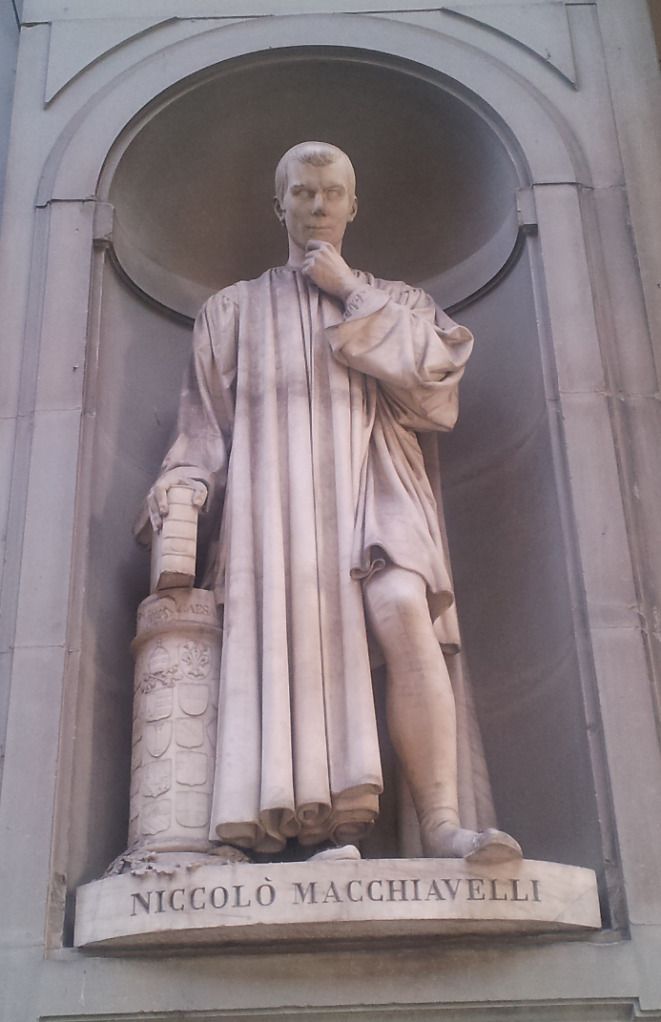Bill Chappell - NPR - May 13, 2014
It's been missing for more than 500 years. But now there are reports that the Santa Maria, the largest ship among the trio that made Christopher Columbus' first expedition to North America, may be found. Undersea explorer Barry Clifford says he thinks he has found the ship in waters off of Haiti's coast.
"All the geographical, underwater topography and archaeological evidence strongly suggests that this wreck is Columbus' famous flagship, the Santa Maria," Clifford tells Britain's . "The Haitian government has been extremely helpful — and we now need to continue working with them to carry out a detailed archaeological excavation of the wreck."
Clifford is a well-known wreck hunter, having found the pirate ship and former slave vessel , which sank off the coast of Cape Cod in 1717. That discovery led to a project with .
The Santa Maria sank after hitting reefs off the Haitian coast around Christmas of 1492, months after arriving from Spain. It is believed that Columbus ordered some of the ship's timbers stripped from the wreck in order to build a fort on land near the shore.
According to The Independent, Clifford closed in on the Santa Maria's possible location by combining two separate historical sources. After archaeologists announced new details suggesting the location of Columbus' fort in Haiti in 2003, Clifford used information in the explorer's diary to narrow down a possible location for the Santa Maria's sinking.
 But verifying the wreck's identity will be harder now than it would have been in 2003, when Clifford took photos of the site that included a cannon like what the Santa Maria would have carried. When they returned recently, "all the key visible diagnostic objects including the cannon had been looted by illicit raiders," The Independent's archaeology correspondent, David Keys, reports.
But verifying the wreck's identity will be harder now than it would have been in 2003, when Clifford took photos of the site that included a cannon like what the Santa Maria would have carried. When they returned recently, "all the key visible diagnostic objects including the cannon had been looted by illicit raiders," The Independent's archaeology correspondent, David Keys, reports.Professor Charles Beeker, who directs the Indiana University's Office of Underwater Science and who has visited the wreck with Clifford, tells Keys that there's "some very compelling evidence" that the wreck is the Santa Maria. But he adds that a full excavation must be carried out to be sure.
The Santa Maria was a carrack, a craft that was "the definitive beast of burden of the Age of Exploration," according to the site . "Magellan, for example, had an all-carrack fleet with which he set to circumnavigate the globe in 1519."
One of the ship's advantages was that it was roomy enough for plenty of provisions — a capacity that could also be used to bring treasure back to an expedition's sponsor.
Clifford tells The Independent he'd like the ship to stay in Haiti:
"Ideally, if excavations go well and depending on the state of preservation of any buried timber, it may ultimately be possible to lift any surviving remains of the vessel, fully conserve them and then put them on permanent public exhibition in a museum in Haiti.
"I believe that, treated in this way, the wreck has the potential to play a major role in helping to further develop Haiti's tourism industry in the future."
.


